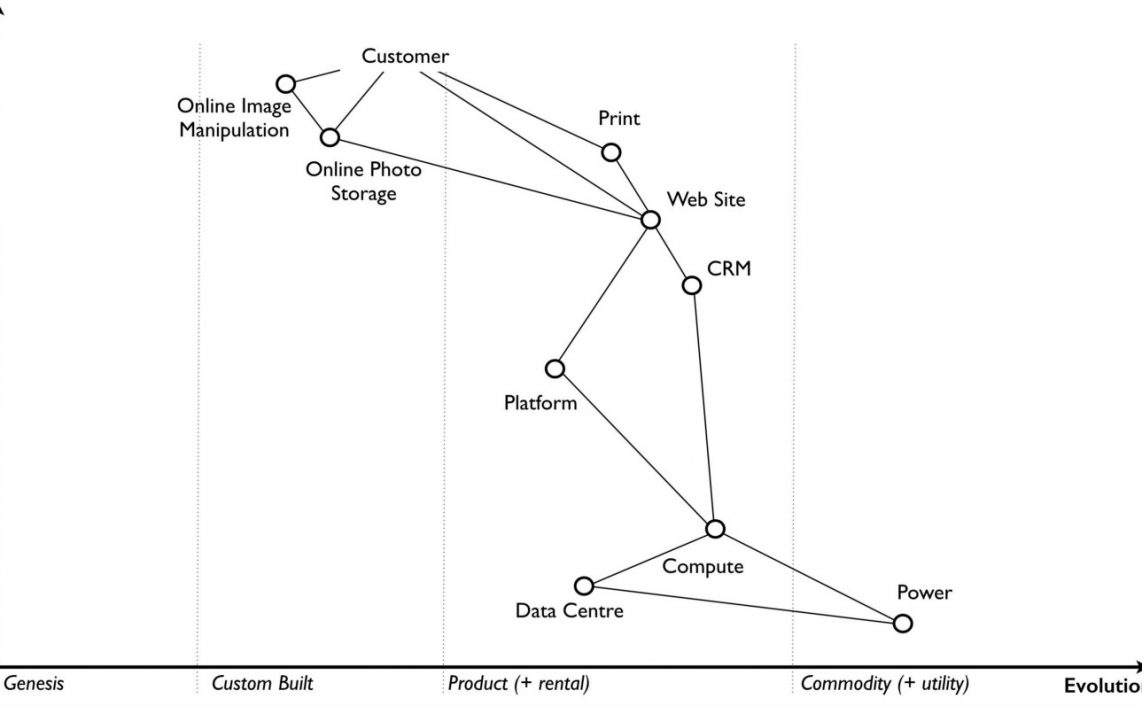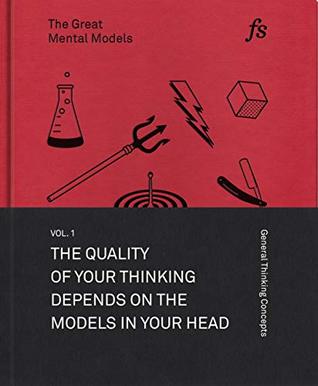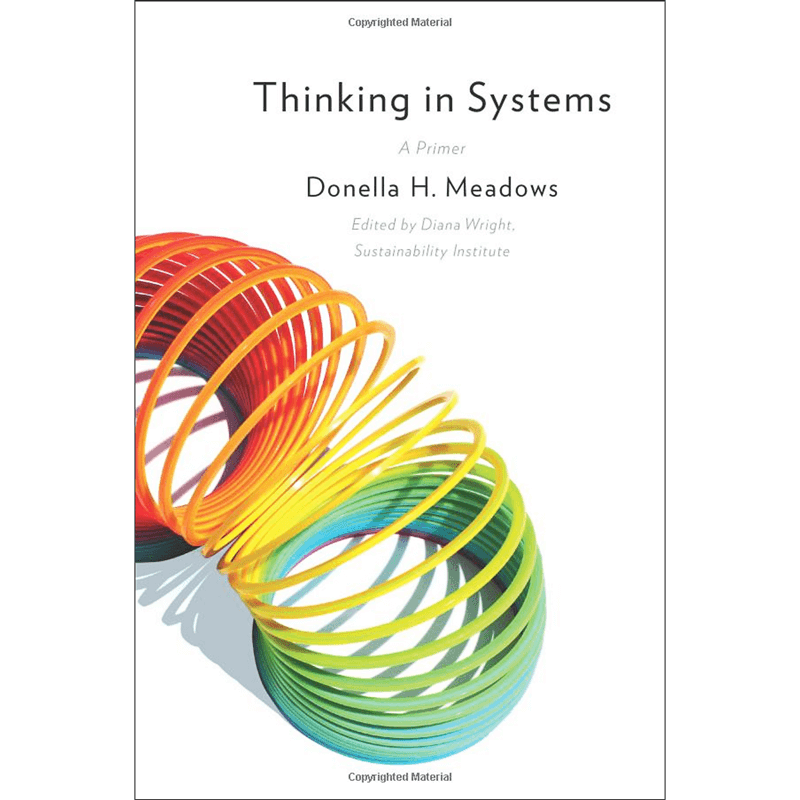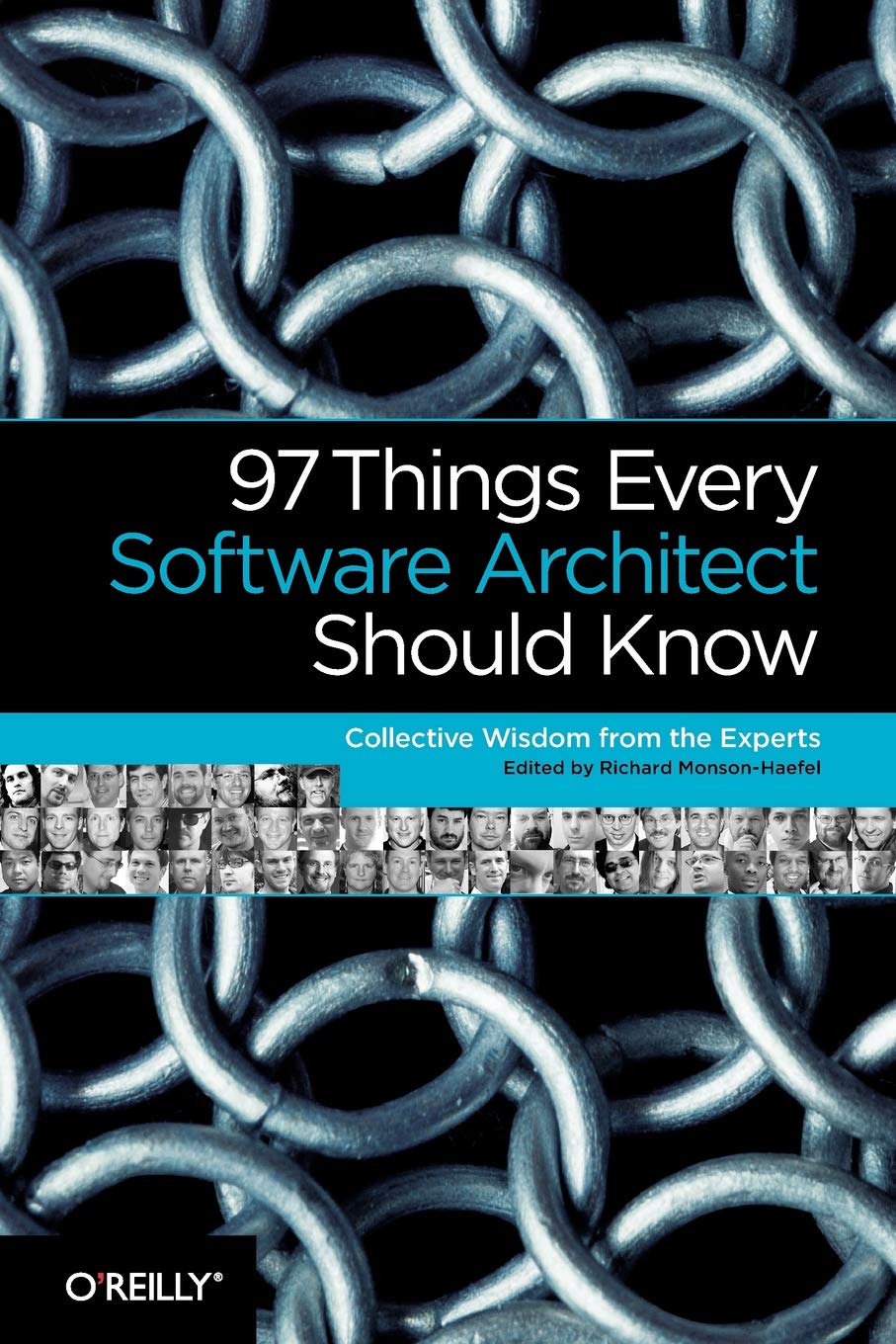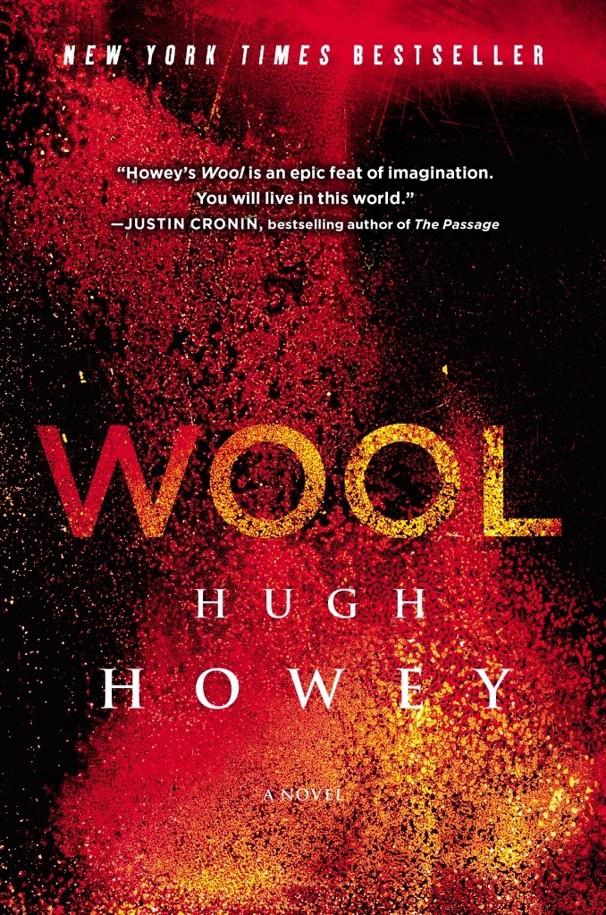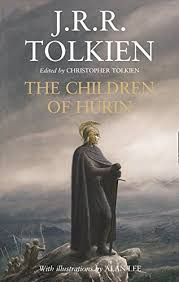
Six thousand years before the One Ring is destroyed, Middle-earth lies under the shadow of the Dark Lord Morgoth. The greatest warriors among elves and men have perished, and all is in darkness and despair. But a deadly new leader rises, Túrin, son of Húrin, and with his grim band of outlaws begins to turn the tide in the war for Middle-earth — awaiting the day he confronts his destiny and the deadly curse laid upon him.Deftly balancing thrilling battles with moments of introspection, Tolkien’s vivid and gripping narrative reaffirms his primacy in fantasy literature
Goodreads review
The Children of Hurin, as one might imagine, is the story of children of Hurin of the house of Hador. This tale of Turin and Nienor is set in the world of Silmarillion (pre Lord of The Rings) and forms part of the story of the struggle of Elves and Men against Morgoth, who was the first villain of Middle Earth and the master of Sauron.
The book centres around the life of Turin, the firstborn son of Hurin. Hurin was one of the greatest warriors among men of the first age. He was captured by Morgoth while playing rearguard in King Turgon’s retreat after the debacle of Nirnaeth Arnoediad and tied to a chair on top of a mountain to watch as Morgoth’s curse destroyed his family. With this background, the book cuts over to the story of Hurin’s son Turin and daughter Nienor.
Turin was a proud, headstrong man – the perfect tragic hero. His home was over run by Easterlings after Nirnaeth Arnoediad and his mother Morwren had him escape to Doriath to the protection of King Thingol. There he learnt elvish lore and skills, but all the while he was pursued by Morgoth’s curse. Coupled with a proud nature and general disinclination towards taking advice from anyone, he ran into situation after situation where he let all his friends and well-wishers down and made every situation he was in worse by his presence. Everyone fell under the spell of his great skill at arms, but Turin’s constant refusal to listen to reason led to disaster after disaster – capped eventually by falling in love with his sister Nienor (Morgoth’s curse lead to a series of events where he never knew her and she lost her memory) and her committing suicide. The drama is entirely Shakespearean, with everyone you could root for doing something stupid or having some really bad luck.
But Tolkien being Tokien, there is a greater design than just a series of misfortunes. While the curse on Hurin’s family drives them to greater and greater misfortune, it also leads Turin’s to killing the Glaurung the dragon, who had destroyed elven armies and kingdoms. This deed gets him into the annals of great men of his time.
By the time the tale ends, Turin and Nienor are dead, and Hurin is released by Morgoth just in time to find his wife Morwren dying by their graves. Like I said, a properly Shakespearean tragedy.
I have dismissed Turin’s character so far, but every time I read Tokien’s stories of early middle earth, I am reminded of Lex Luthor and the real reason he hates Superman. Superman belittles humanity simply because he exists. No matter how great a man may be or how humble Superman may be, the latter is just more “Super”. How much of Turin’s pride (and that of other men of the Silmarillion universe) comes simply because elves exist as the elder children of the Valar? Can we rightly judge their stubbornness in doing things that are their own decision rather than being elven-wise?
The highlights of the Children of Hurin are covered briefly in Silmarillion among the many episodes among the houses of men. In that larger context. it makes for an interesting interlude. However, full blown to a standalone book, there just isn’t enough content in the story to be engaging.
I say this as a die-hard Tolkien fan – skip this one unless you want the badge of having read absolutely all of Tolkien.
Read next : More book reviews
If you liked this, subscribe to my weekly newsletter It Depends to read about software engineering and technical leadership


